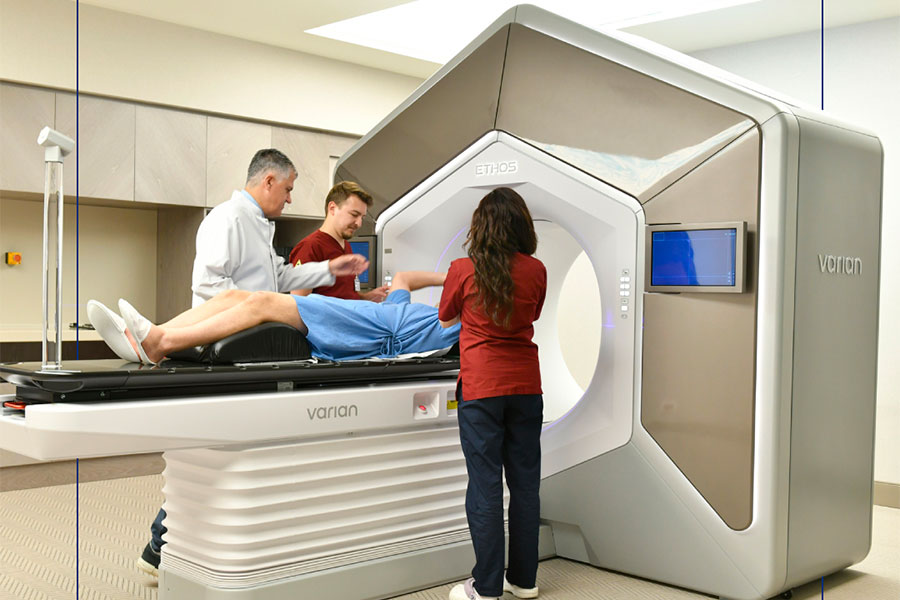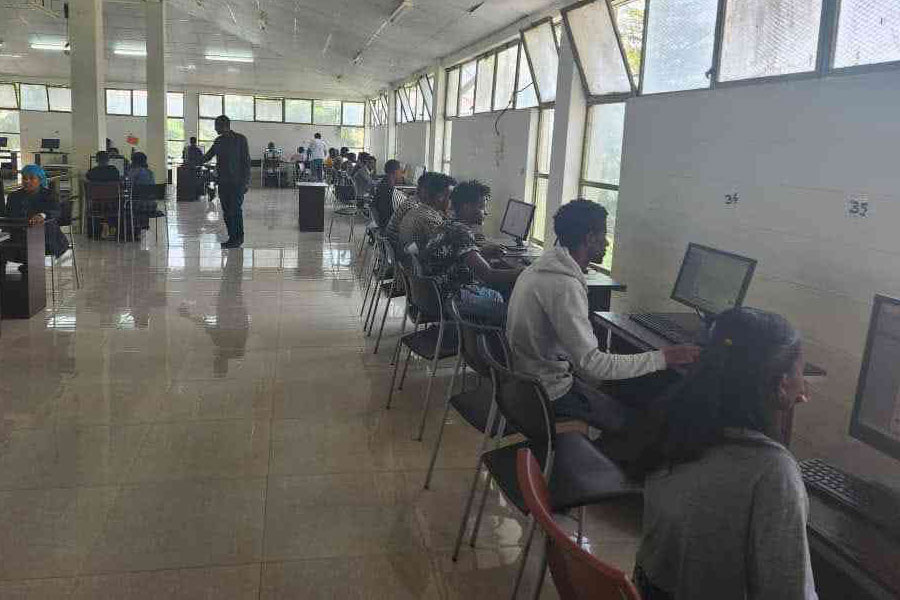
Sunday with Eden | Apr 19,2025
Dec 31 , 2022
By Carolyn Kissane
When you think about artificial intelligence (AI), robots first come to mind. Well, that is not the reality of it. Britannica defines AI as the ability of a digital computer or computer-controlled robot to perform tasks commonly associated with intelligent beings. Watching the capability of this technology is fascinating but also terrifying. As technology advances, it is essential to consider its potential impacts on developing countries.
AI-powered technologies, such as automation and machine learning, can help to improve processes and reduce the need for human labour in specific tasks. It also could improve access to education and healthcare while promoting economic growth. Virtual assistants and chatbots can provide information and support students and patients, while diagnostic tools improve the accuracy of diagnosis and treatment recommendations.
As AI technologies have become sophisticated and capable of performing a more comprehensive range of tasks, there is the potential for specific jobs to be entirely replaced. This could be particularly challenging in developing countries where there may already be high levels of unemployment or limited access to substantial employment and education.
With the concern of potential job displacement due to automation, the possibility that AI could create new job opportunities is impossible to ignore. Robots can not make choices hence human intelligence and expertise are required.
Developing countries must invest in high-speed internet, powerful computers, and skilled personnel to best utilize AI-powered technologies, which could be a significant challenge for the ones with limited resources and infrastructure.
Once AI becomes conscious and self-aware of the situation, investing in education and job training programs to help workers acquire the skills needed to work with AI technologies and transition to new roles will be inescapable; one step that should be taken to alleviate the challenges in financial services, and efficiency, accuracy in transactions. In addition, governments and business organizations need to consider the ethical implications of the technology and maximize their benefits to avoid humans feeling like lesser-intelligent species.
The question remains: How do we know when a machine has become self-aware? And ensure its proper use, responsibly and transparently.
It is unpredictable for AI to be able to communicate with humans. According to the designed test referred to as the "Turning Test", if a human being can converse with an AI in the same way as a fellow human, then the AI has passed the turn test.
But some experts in the field disagree with the concept by outlying the issue as a binary way of assessing intelligence, but not sentient. According to artificial intelligence researcher Stuart Russell, sentience requires the external body and brain. Sentient beings also have a third requirement- brains wired up with other brains through language and culture. AI researchers have not figured out how to simulate all three things simultaneously.
As the topic is stretched, the impact of AI in the modern world is undeniable.
PUBLISHED ON
Dec 31,2022 [ VOL
23 , NO
1183]


Sunday with Eden | Apr 19,2025

Advertorials | Sep 18,2025

News Analysis | Aug 30,2025

View From Arada | Apr 09,2023

Radar | May 16,2020

Agenda | Jan 13,2024

Radar | Jul 15,2023

Exclusive Interviews | Sep 06,2025

Agenda | Jul 08,2023

Radar | Apr 13,2019

Photo Gallery | 178201 Views | May 06,2019

Photo Gallery | 168408 Views | Apr 26,2019

Photo Gallery | 159181 Views | Oct 06,2021

My Opinion | 137055 Views | Aug 14,2021
Commentaries | Oct 25,2025

Dec 22 , 2024 . By TIZITA SHEWAFERAW
Charged with transforming colossal state-owned enterprises into modern and competitiv...

Aug 18 , 2024 . By AKSAH ITALO
Although predictable Yonas Zerihun's job in the ride-hailing service is not immune to...

Jul 28 , 2024 . By TIZITA SHEWAFERAW
Unhabitual, perhaps too many, Samuel Gebreyohannes, 38, used to occasionally enjoy a couple of beers at breakfast. However, he recently swit...

Jul 13 , 2024 . By AKSAH ITALO
Investors who rely on tractors, trucks, and field vehicles for commuting, transporting commodities, and f...

Oct 25 , 2025
The regulatory machinery is on overdrive. In only two years, no fewer than 35 new pro...

Oct 18 , 2025
The political establishment, notably the ruling party and its top brass, has become p...

Oct 11 , 2025
Ladislas Farago, a roving Associated Press (AP) correspondent, arrived in Ethiopia in...

Oct 4 , 2025
Eyob Tekalegn (PhD) had been in the Governor's chair for only weeks when, on Septembe...

Oct 25 , 2025 . By YITBAREK GETACHEW
Officials of the Addis Abeba's Education Bureau have embarked on an ambitious experim...

Oct 26 , 2025 . By YITBAREK GETACHEW
The federal government is making a landmark shift in its investment incentive regime...

Oct 29 , 2025 . By NAHOM AYELE
The National Bank of Ethiopia (NBE) is preparing to issue a directive that will funda...

Oct 26 , 2025 . By SURAFEL MULUGETA
A community of booksellers shadowing the Ethiopian National Theatre has been jolted b...